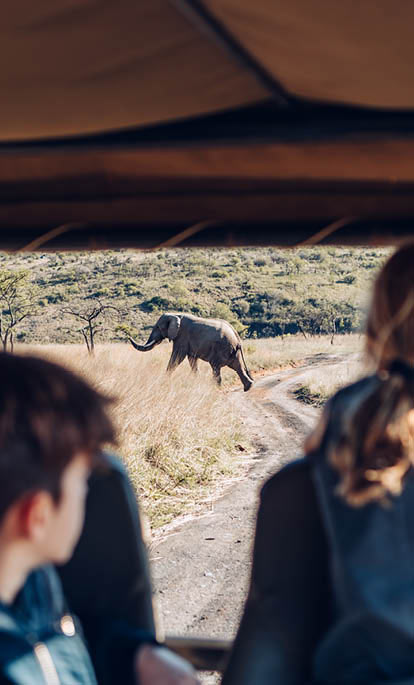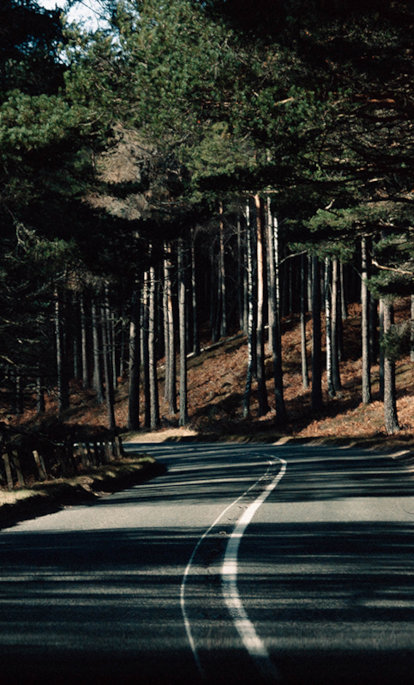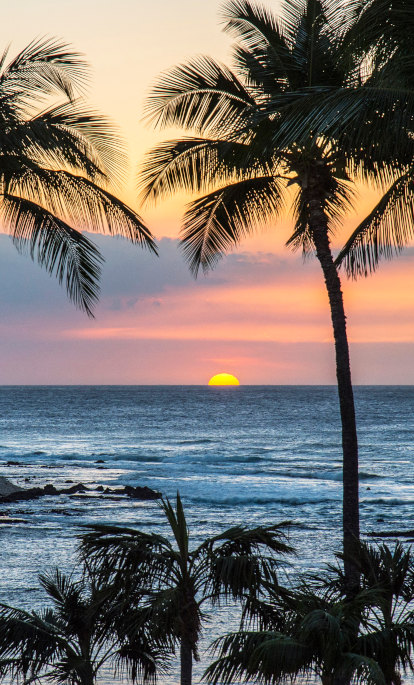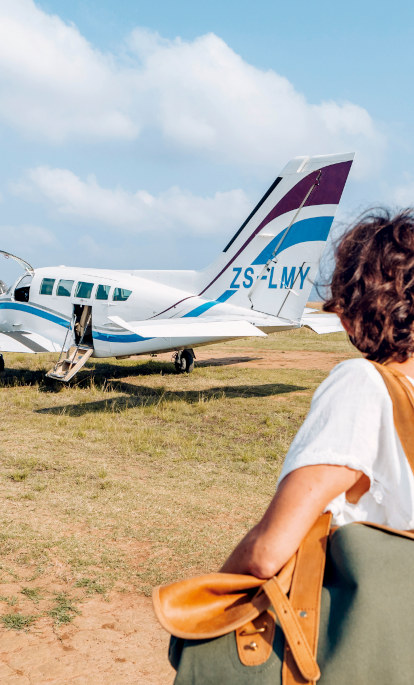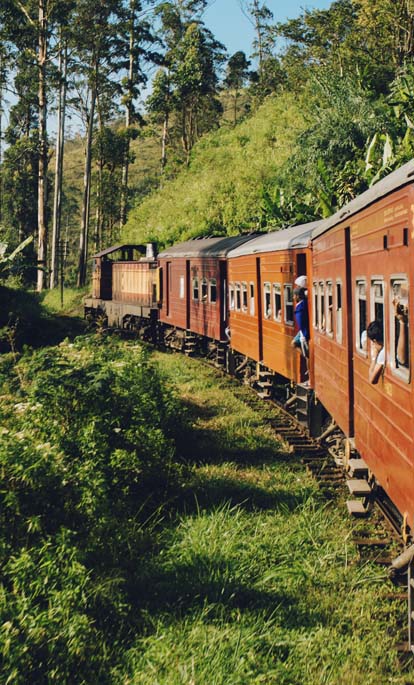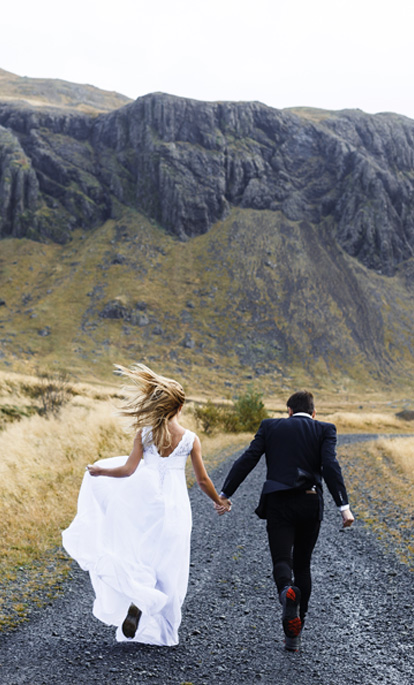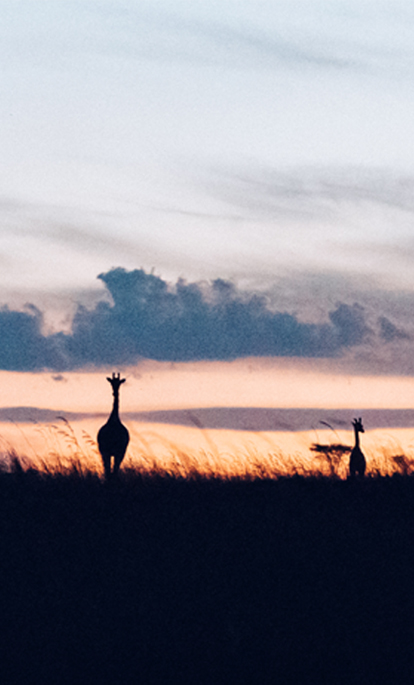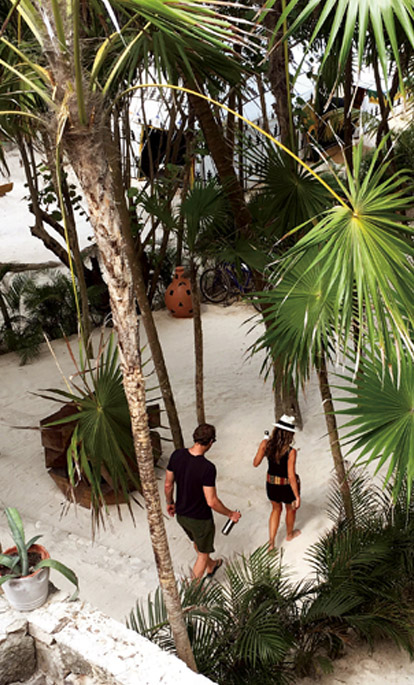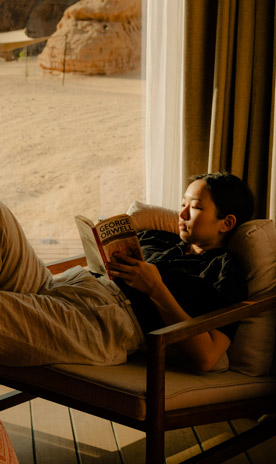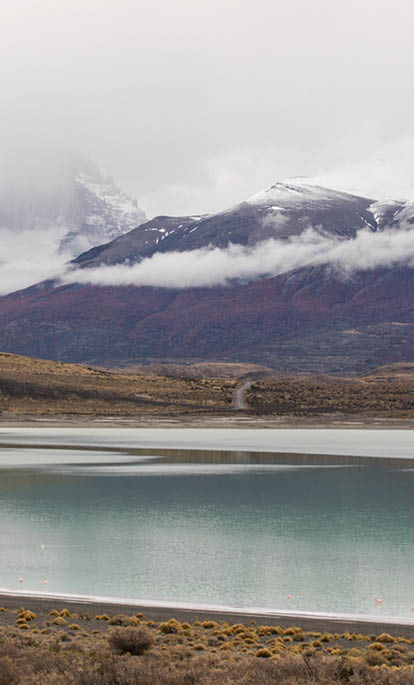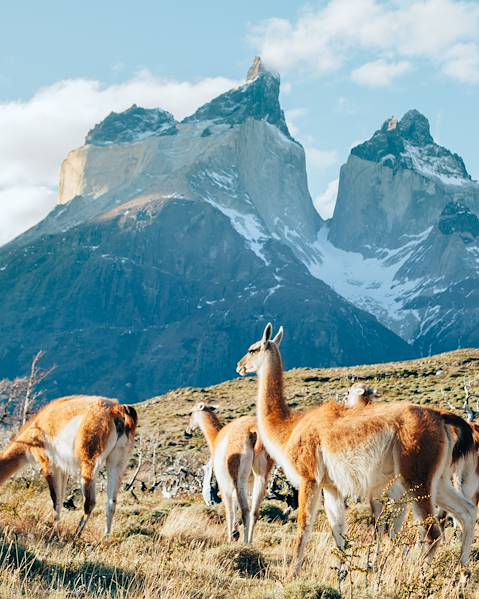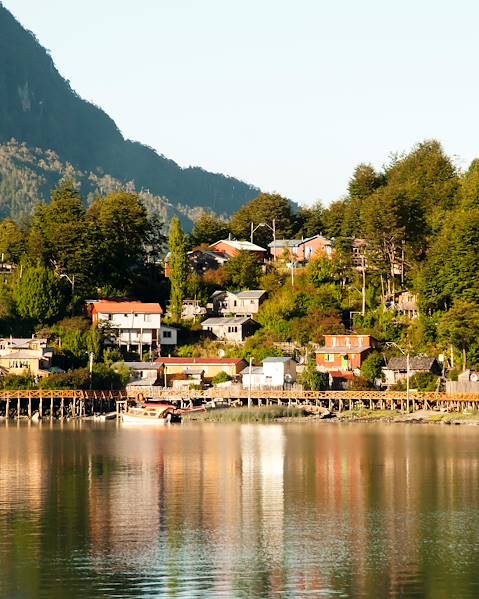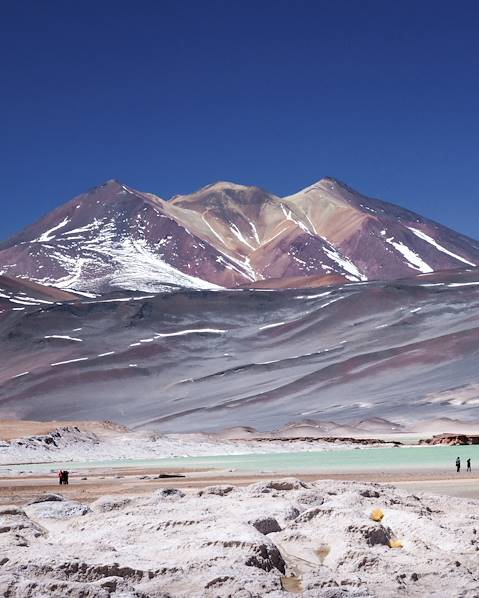Population
19,020,556 (2019)
Official language
Spanish. The variant of spoken is Chilean Spanish, which is similar in pronunciation to Andalusian Spanish.
Language spoken
The vast majority of Chile’s population speak Chilean Spanish or variants of it, while a smaller number speak an indigenous language. English and German are spoken although they are not widely practiced.
People
White and non-indigenous people make up the bulk of the population at 88.9%. 9.1% are Mapuche, a native population in south-central Chile, the Aymara people, indigenous to the Andes, account for 0.7%, other indigenous groups add up to 1%, while 0.3% are unspecified.
Religion
The vast majority of Chileans are Christians, made up of around 70% Catholic and 17% Protestant. Minority religions include Islam, Judaism, Hinduism and Buddhism.
National Holiday
September 18, National Independence Day.
Holiday Schedule
- January 1: New Year's Day.
- January 20: San Sebastian festival.
- First week of February: religious festival on Easter Island.
- Third week of February: Folk Festival Mapuche in Villarrica.
- From the first week of April: Easter, Fiesta Cuasimodo.
- May 1: Labour Day.
- May 21: Navy Day.
- May 30: Corpus Christi.
- May 29: San Pedro festival.
- June/July: Saints Peters and Paul’s Day.
- August 15: Assumption Day.
- September 18: Independence Day.
- September 19: Army Day.
- October 12: Dia de la Raza, anniversary of the discovery of America.
- November 1: All Saints Day.
- December 8: Immaculate Conception Day.
- December 25: Christmas.
History
Before the Spanish arrived to conquer Chile in the mid-16th century, various Indian cultures had appeared on the territory of present Chile. Growing civilisations in Peru, including the Inca's, conquered the north of Chile and pushed explorations south but failed. Spanish conquistador Diego de Almagro arrived in Chile sometime in 1535 AD, but the first permanent settlements were installed by Pedro de Valdivia. These included Santiago, which was founded in February 1541. Mapuche Indians reacted strongly to the encroachment of the Spaniards and relations between the two sides were difficult for a century, but, inexorably, Chile became part of the Spanish empire.
In 1810, Spain was weakened by Napoleon’s invasion. A national junta was formed in September. After a difficult start, the Spanish system was finally defeated and Chile declared independence in 1818. A new constitution was drawn up in 1833 to give organisation to the new state. The 19th century was marked by territorial and economic expansion, at the cost of many blows exchanged with neighbours. Easter Island was annexed in 1888. After an initial period of prosperity, the following century intertwined social and economic difficulties and political instability.
In 1925, a new constitution was drawn up which separated church and state and increased presidential powers. In September 1970, Socialist Salvador Allende was elected president. The economy suffered, inflation rose rapidly, food shortages struck the Chilean population and a trucker’s strike brought the country to a standstill. In 1973 the army staged a successful coup led by Augusto Pinochet. Once in power, the dictatorship of Pinochet introduced a violent military rule. In 1988, Pinochet lost a referendum on whether he should remain in power. In 1989 a Christian Democrat named Patricio Aylwin is elected president. During the 1990s Chile entered rapid economic development and has continued to grow steadily until today.
Policy
Chile is a parliamentary republic. The president is elected for four years and cannot serve two successive terms. He appoints the government. Legislative power is exercised by two chambers: the Chamber of Deputies (elected for four years) and the Senate (senators elected for eight years). A Constitutional Court decides on the compatibility of laws with the Constitution of 1980. The Supreme Court is the highest court of the judiciary.
Famous Chileans
- Pablo Neruda (1904-1973). Born Neftali Ricardo Reyes Basoalto, Neruda was a prominent poet and politician. His monumental work was awarded the Nobel Prize for Literature in 1971. He was a great figure of the Chilean left and died shortly after the defeat of Chile’s democratic regime. His most famous book is the Canto General (1950).
- Gabriela Mistral (1889-1957). A poet and winner of the first Nobel Prize for South American literature in 1945.
- Salvador Allende Gossens (1908-1973). Founder of the Socialist Party of Chile, Gossens was president from 1970 to 1973. He died during the coup fomented by the military and the CIA.
- Augusto Pinochet (1915-2006). General of the Army, appointed commander by Salvador Allende, Pinochet participated in the coup that overthrew the President, then became head of the dictatorship. In 1990 he stood down. He died with hundreds of criminal charges pending against him for human rights violations and tax evasion during and following his time in power.
- Condorito (meaning little condor in Spanish) (born 1949). A Chilean comic book celebrity from the pen of René Rios Boettiger, known as Pepo. The little condor, echoed by many South American artists, has acquired a continental audience.
Etiquette
Tipping is at your discretion in Chile, it is very much appreciated and as little as £1 or £2 is enough so show appreciation for a job well done. For a friendly, informative tour guides, £5-10 per person per day is a good guideline, drivers £3-£5. Restaurants will add a 10% service charge to the bill, but it’s acceptable to pay less if you think the service doesn’t warrant it. Taxi drivers don’t expect a tip at the end of your journey although it’s polite to round up the fare to the nearest peso. Courtesy and decorum are a key factor in getting along in all of South America. Make the effort to learn some basic Spanish vocabulary for major points with locals; greet people met at any time of day or night; ask permission to photograph or film someone; be patient regarding timetables of trains and planes (and any requests for service for that matter). But above all, regardless of circumstances, retain your composure. Anger is almost inconceivable in Chile and will no doubt worsen a situation. In exceptional times, a tone of exasperation will deliver your message effectively.
Shopping
In this vast country, craftsmanship is extremely rich and varied. In the north, there are beautiful handwoven fabrics, sweaters and ponchos in alpaca and llama, Andean musical instruments, baskets and wicker trunks. In Santiago and its surrounding areas, you can find jewellery and objects made from lapis lazuli (a stunning deep-blue semi-precious stone that is found in Chile and Afghanistan), copper and bronze. A small, charming village called Pomaire sells handmade pots known and widely used by cooks. In the south, where forests are plentiful, there is beautifully carved Chilean rauli wood to take home.
Food
Chilean cuisine is wide-ranging, filling and traditional. Seafood, beef, fruits and vegetables are all mainstays, reflecting the geographical variety of the country. Typical dishes include: cazuela: often served as a starter, it's a beef or chicken broth with potatoes, sweetcorn, vegetables, pumpkin. Pastel de chocloi is a dish that originates in the Chilean town of Pomaire and is comprised of ground beef or chicken, cooked with raisins and onions. It covers a corn mash layer before being browned in the oven. Humitas are savoury cakes made from pureed corn, which is seasoned, wrapped in a corn husk and steamed. Granados porotos is a traditional thick stew, made with beans, pumpkin, corn, garlic and onions. Lomo a lo pobre is a satisfyingly simple meal of sliced beef topped with two fried eggs.
Drink
The tap water is drinkable in Chile. Wine is king throughout the country and there are five major wine regions: Bío-Bío, Rapel, Maule, Aconcagua and Maipo Valley. The latter, located near Santiago, is the most famous. Fermented alcoholic fruit juices are also very popular. Pisco is a grape brandy taken plain or in a cocktail. The con leche platano is Chile’s tasty take on a banana milkshake. The mote con huesillo is a traditional non-alcoholic drink served in summer, a sweet flavour, it’s made from sprouted wheat grains, soaked in a maceration of dried peaches.
